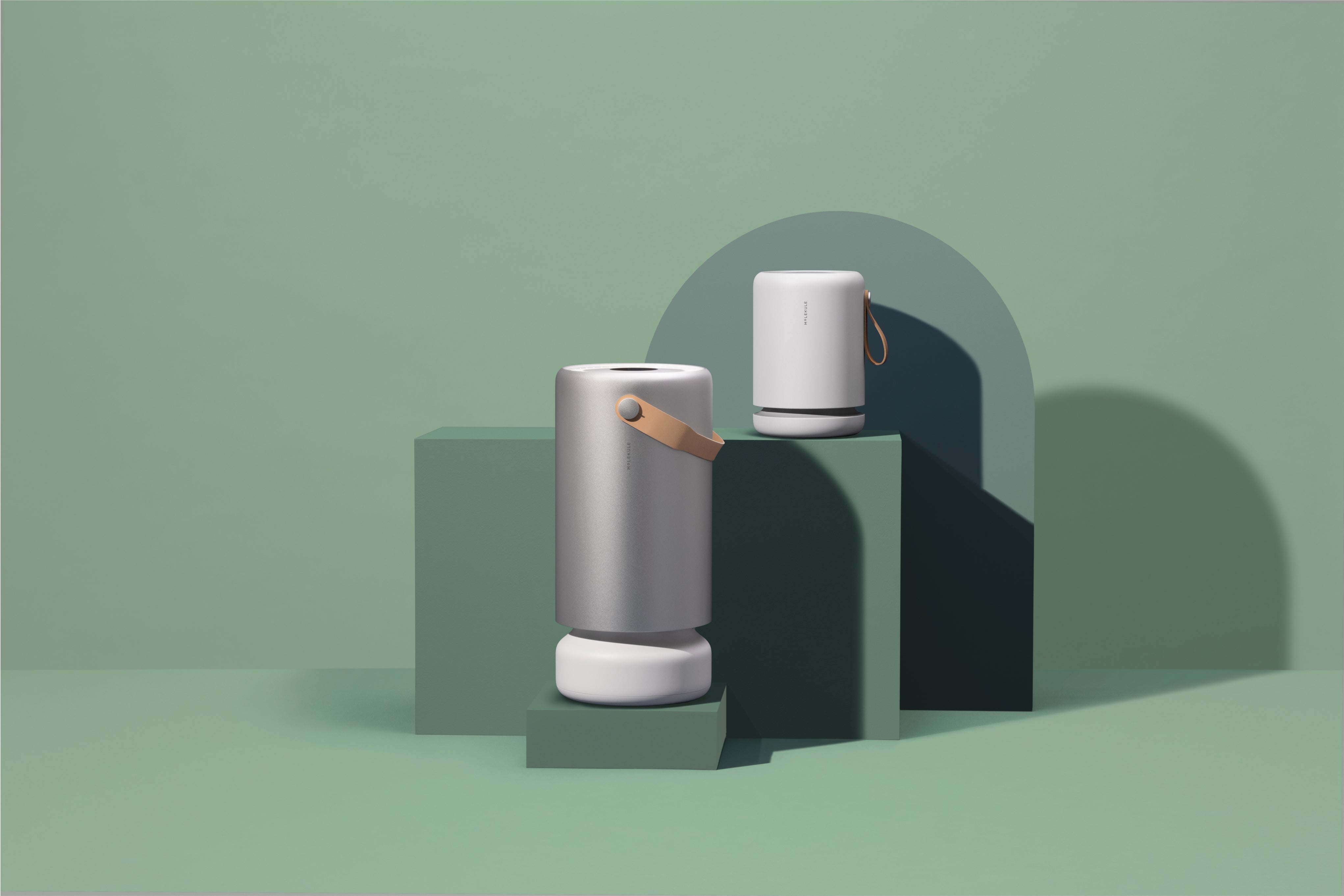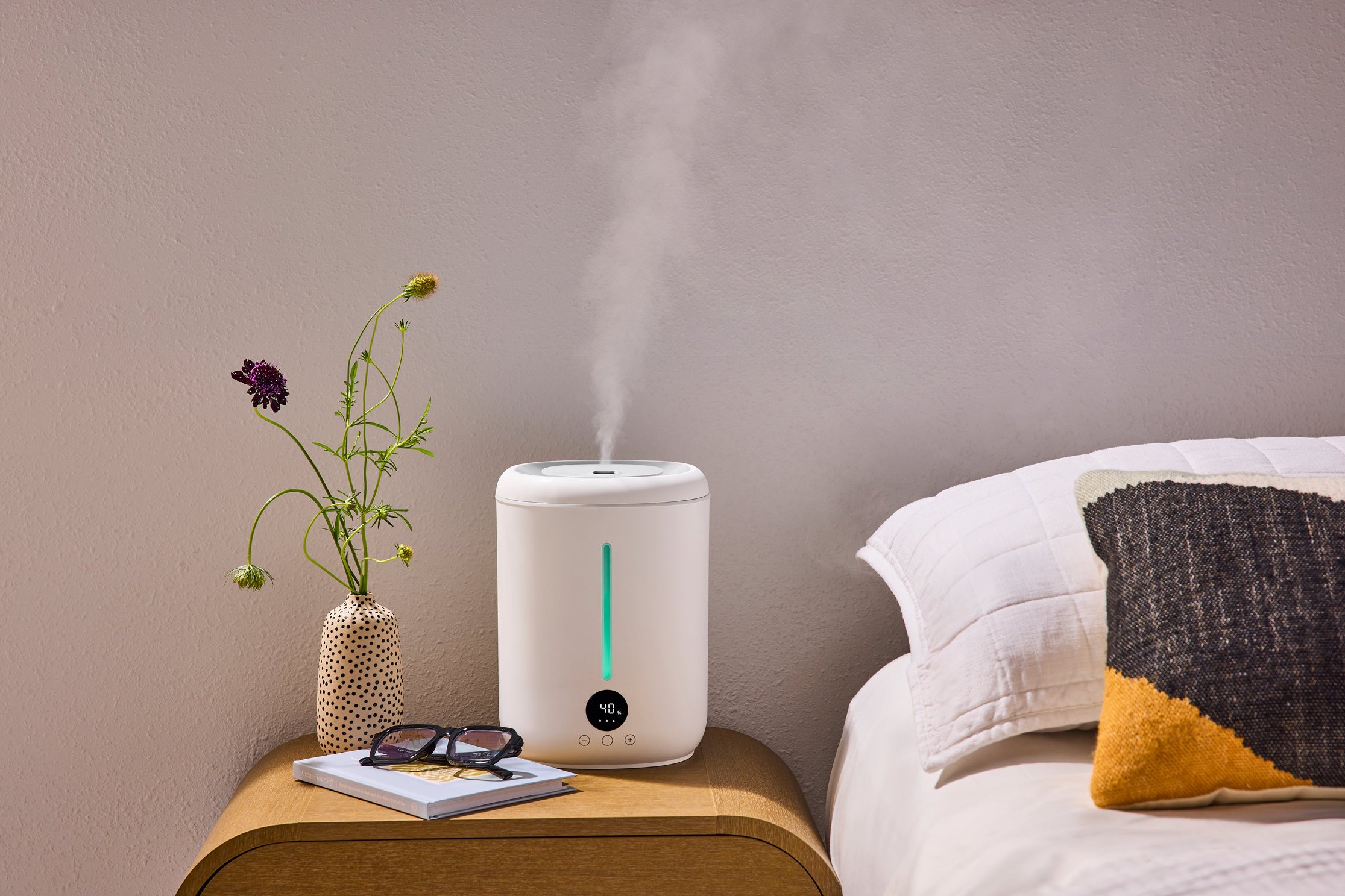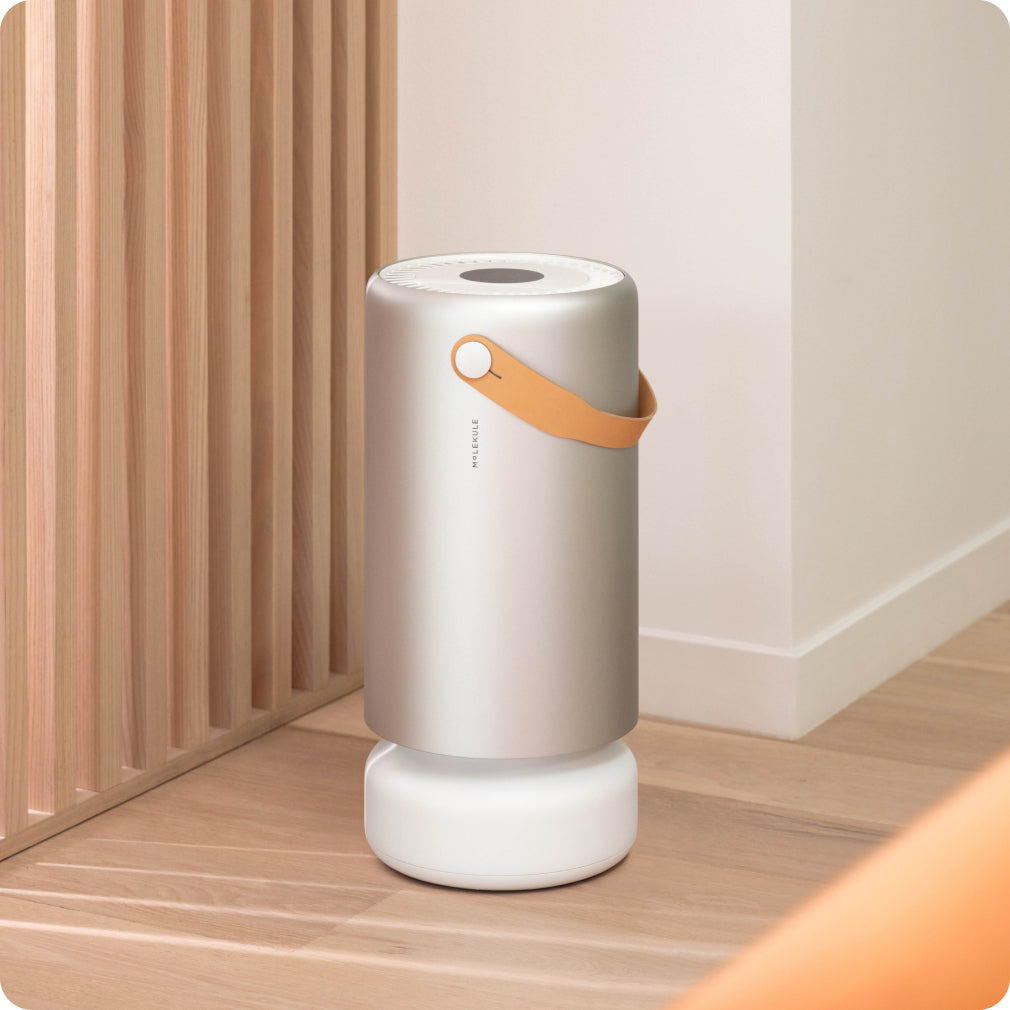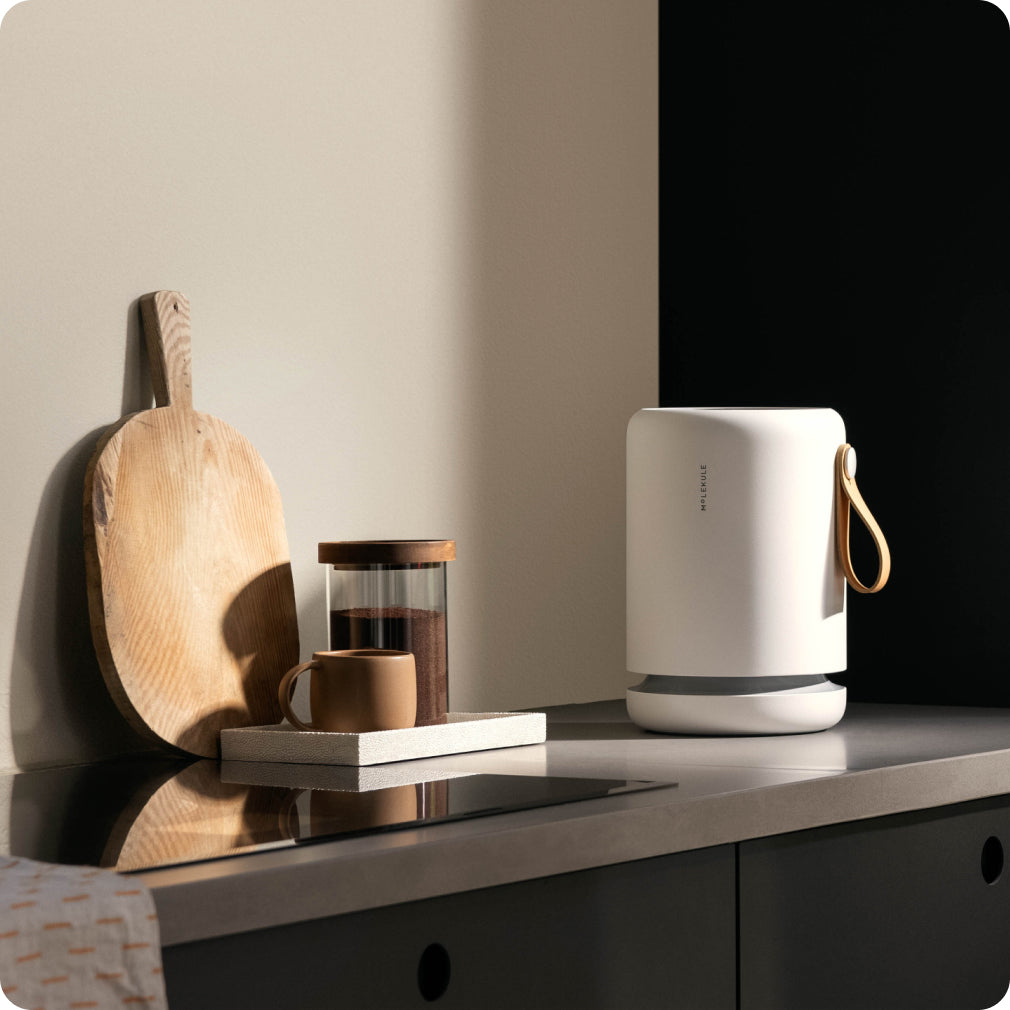Lungs, like all parts of the human body, change as you age. They grow with you during childhood and early adulthood, reaching maturity when you’re about 20 or 25. Then, around the time you turn 35, your lung function starts slowly declining. As you age, it’s natural to lose some of your lung capacity as lung tissue loses elasticity, muscles get weaker, and rib cage bones change or get thinner. All these changes can make breathing more difficult.
Your lungs are responsible for supplying every cell in your body with oxygen—a task that gets no less important as you age. These healthy habits can help you breathe easily and protect your lung health as you get older.

1. Work out your lungs with regular exercise.
When you exercise, your heart and lungs have to work harder to keep up with your body’s increased oxygen demands. That’s why your breathing rate increases when you work out. Aerobic activities like biking, running, jumping rope, or even walking are great at getting your heart rate up and giving your lungs a good workout. But you shouldn’t forget about the weights just yet. Weight-training exercises can help strengthen your core muscles, improve your posture, and build diaphragm strength, all of which can help your lungs breathe more deeply. The American Lung Association recommends getting at least 30 minutes of moderate physical activity 5 days a week.

2. Fuel your lungs with nutritious food.
A balanced, nutritious diet can give you more energy, help your body handle infections, and may even help keep your lungs healthy. While there’s still room for research on which foods are best at promoting lung function, some studies suggest people who eat diets high in fiber and nutrient-dense fruits and vegetables—and low in processed foods—may have better lung function throughout their lives. Eating healthy protein at least twice a day can also help you strengthen respiratory muscles, and there’s new evidence that foods rich in omega-3 polyunsaturated fatty acids may help people with chronic obstructive pulmonary disease (COPD) breathe easier. Here are some other general tips for eating healthy as you age:
- Eat foods high in vitamin D, including egg yolks, fatty fish, and fortified cereal and milk;
- Make sure you get enough fiber with foods like whole grains and raw vegetables;
- Enjoy healthy fats, such as olive oil, salmon, walnuts, and avocado;
- Limit salt consumption and “white foods” like potatoes, rice, and white bread.

3. Care for your lungs by maintaining a healthy weight.
Being overweight or obese can make it harder for your lungs to do their job, especially as you get older. Excess weight can hinder the lungs’ ability to expand completely, and inflammation caused by weight gain can damage lung tissue and make your airways smaller. These combined effects can make your lung function decrease faster as you age. If you’re obese, losing weight (even just half a pound a year) can significantly reduce the rate of age-related lung function decline. Plus, gradual, steady weight loss may increase your chances of keeping the weight off for good.

4. Keep your lungs healthy by taking care of your teeth.
Your mouth is the gateway to your respiratory and digestive systems. Like most parts of your body, it’s naturally full of bacteria. That’s normal and usually harmless. But, when that bacteria builds up to unhealthy levels, it can cause inflammation, gum disease, tooth decay, and other oral infections. It can also affect other parts of your body, including your lungs. As you inhale, some of the bacteria in your mouth can travel down to your lungs and, in some cases, lead to pneumonia and other respiratory diseases. To keep your teeth and gums healthy and cut down on harmful bacteria, the American Dental Association (ADA) recommends:
- Brushing your teeth with fluoride toothpaste for two minutes twice a day;
- Cleaning your teeth every day with floss, an interdental brush, or an oral irrigator (water flosser);
- Limiting high-sugar foods and drinks;
- Visiting your dentist regularly to prevent and treat oral disease.

5. Strengthen your lungs with deep breathing exercises.
Just like working out, deep breathing can help strengthen your diaphragm and increase your lung capacity. As you age and your diaphragm weakens, your body may start using the muscles in your chest, neck, and back to help push air out of your lungs when you exhale. Since those muscles weren’t built for that purpose, they can do an incomplete job, causing stale air to get trapped in the lungs and oxygen levels in your body to decrease. Practicing deep breathing exercises for 5 to 10 minutes a day can help your diaphragm get stronger, rid your lungs of stale air, and increase your body’s oxygen levels. The American Lung Association recommends these two breathing exercises to help your lungs work more efficiently:
Pursed lip breathing: Breathe in through your nose for 2 counts. Then purse your lips like you’re about to whistle and breathe out slowly for 4 counts, trying to exhale all the air in your lungs.
Diaphragmatic (belly) breathing: Sit or lie down, then place your hands lightly on your stomach. Relax your neck and shoulders and breathe in through your nose, focusing on the feeling of your belly filling up with air. Then, exhale for at least twice as long as you inhaled.

6. Monitor your lung health to catch problems early.
Regular checkups with your healthcare provider are essential for caring for your lung health as you age. They can help you monitor your lung function over time, watch for early signs of lung disease, and help you manage any existing lung conditions, such as asthma. It’s natural for your lung capacity to decline gradually as you get older, but any lasting shortness of breath should be checked out by your provider. Other early warning signs of lung disease include:
- Chronic cough or mucus production;
- Wheezing;
- Persistent chest pain;
- Coughing up blood;
- An inability to keep up with others your age.
If you experience any of these symptoms, don’t wait to bring them up to your provider.

7. Protect your lungs by quitting smoking.
When you inhale smoke from a cigarette, you’re introducing more than 7,000 different chemicals into your lungs—at least 69 of which are known carcinogens. These chemicals damage your lungs and increase your risk of lung cancer, COPD, and other forms of lung disease. Smoking is the leading cause of preventable disease and death worldwide, and quitting (or never starting in the first place) is probably the best thing you can do to keep your lungs healthy as you age.
According to the American Cancer Society, your heart rate and blood pressure start to drop around 20 minutes after quitting. Within a few days, the carbon monoxide in your blood falls to a normal level. Over the next few months, you’ll notice your breathing getting easier and easier. Your risk of different cancers, heart disease, diabetes, and other smoking-related health problems also falls significantly when you start living a smoke-free life.
No matter how old you are or how long you’ve been smoking, quitting can reduce your health risks and add years to your life. It often takes multiple tries to stop for good, but counseling and medication may help increase your chances of success. What matters most is that you keep trying. Smokefree.gov hosts free resources for quitting smoking—including Clear Horizons, a Quit-Smoking Guide for People 50 and Older—and your state or local health department may also offer free tobacco cessation services.

8. Give your lungs an easier job by avoiding air pollution.
As you age, it gets more difficult for your lungs to clear out foreign particles like pollutants. In a healthy respiratory system, nerves in your airways trigger coughing or sneezing when you breathe in something that could harm your lungs. These nerves become less sensitive when you get older, allowing more particles to travel through your respiratory system. Over time, these particles can build up in your lungs and damage the lung tissue. You can lower your exposure to indoor and outdoor air pollution by:
- Checking the outdoor Air Quality Index (AQI) for your area on Airnow.gov and staying indoors on days when air quality is bad;
- Keeping your doors and windows shut when outdoor air pollution is high;
- Wearing an N-95 face mask if you need to go outdoors on days with poor outdoor air quality;
- Increasing the ventilation in your home on good air quality days by turning on fans and opening windows;
- Avoiding high-VOC cleaning products and opting for low- or no-VOC ones instead (the Environmental Protection Agency’s Safer Choice Standard and the Environmental Working Group’s Verified database are great places to find products that are less likely to pollute your indoor air);
- Using a dehumidifier to get rid of excess moisture in the air and help prevent mold growth by keeping the relative humidity in your home between 30 and 50%;
- Using an air purifier to help remove pollutants from your indoor air.
For tips on what to look for when choosing an air purifier for your home, check out our posts: “What Should You Look for in an Air Purifier?” and “Buying an Air Purifier: 5 Essential Features to Look For.”
A gradual decrease in lung function is a natural part of aging, but it doesn’t mean you can’t (or shouldn’t) enjoy an active lifestyle. By making healthy choices to support your lung health, you can help keep yourself breathing easy at any age.
Header photo of grandmother and granddaughter by Photo by Mikhail Nilov, photo of couple doing yoga by Mikhail Nilov, photo of feet on scale by Ketut Subiyanto, photo of woman at dentist by Jonathan Borba on Unsplash, photo of older woman in lotus pose by Vlada Karpovich, photo of doctor holding x-ray by Anna Shvets, photo of cigarette by Andres Siimon on Unsplash, photo of ship and factories by Chris LeBoutillier.







